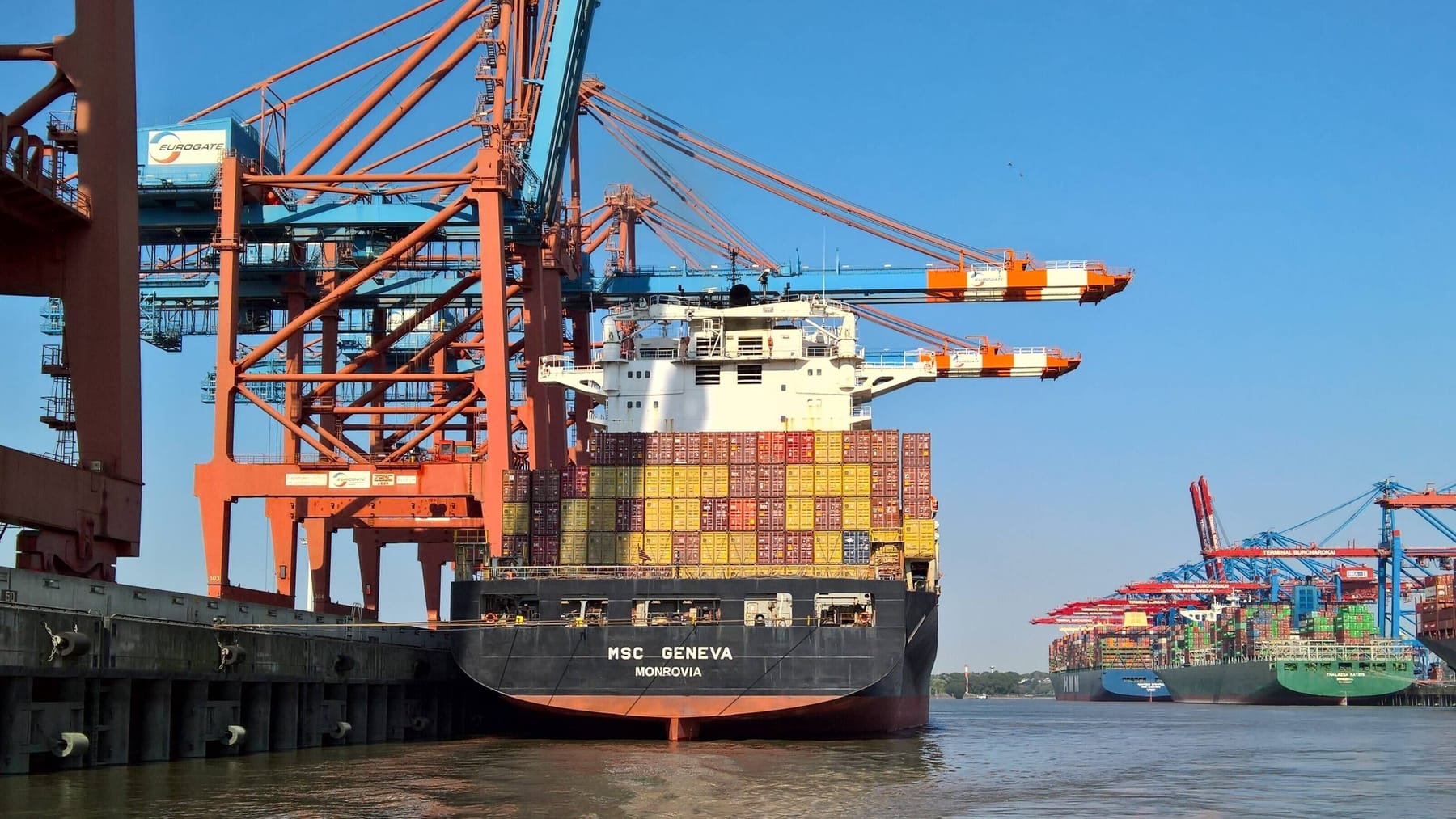The documentary film VILLA OLÍMPICA (2022) won the award for best film at the recent edition of the SANFIC festival. Its director and screenwriter (Argentine with a Chilean mother) comments in this column for CIPER on the motivation of a work focused on the experience of the children of South American exiles in Mexico during the wave of dictatorships in the Southern Cone. The film will have an upcoming exhibition on Tuesday 27 September at the Museum of Memory and Human Rights (Santiago).
Lto the film Olympic Village born a little by chance. About that kind of coincidences in life that then take shape until you realize there was nothing random about it. Six years ago, when I was living in Buenos Aires, I went to Mexico and drove past the Olympic Village, a complex of 30 buildings and more than 900 apartments, in the Tlalpan delegation, south of Mexico City. It is the place where I spent almost every day of my childhood, since I lived in Mexico from year to age 12. The Olympic Village was the place where I met my friends, all of them also children of exiles. And so it was like the scenario of our life, in addition to the scenario of the alternative schools in which we were educated, founded by some groups of the Mexican left together with South American exiles.
This is why when I say “Olympic Village” I mean a community; that of the Latin American exiles in Mexico and the dynamics that have been created between us.
When I went through it again, as an adult, I thought there was a good story in that place. I didn’t know which one, but it seemed like such a powerful place that I even thought there must already be documentaries recording those stories. Then I saw that this documentary did not exist. On the internet there was information about the origins of the village, which was built to house the athletes who came to the ’68 Mexico Olympics. It was the symbol of the double face with which they tried to sell Mexico to the world at the same time as a massacre like that of Tlatelolco was taking place. For the outside, progress; inside, criminal.
The problem was there and we had to know how to deal with it. My perspective is not personal, but generational. It is the vision of the children of exile. I wanted to tell: here, in this place, there was a small community. There was a Latin America that served as a containment space for living and subsisting. When the democracies returned to Argentina, Chile, Uruguay, Peru, Brazil … that community gradually disappeared. It was destroyed as such because the vast majority of its members decided to return to the Southern Cone. I myself discovered one day that I was returning from Mexico to Chile, that country that seemed to us the promised land, where my mother had tried, through Popular Unity, to transform the world. Despite having lived in Mexico for so long, we felt like South Americans, not Mexicans. There was a land that we felt ours, even if I didn’t know it yet.
When we have to return someday, it was like something predestined. But when you really took the step, the whole mental projection stopped being so pretty. And we realized that as soon as we got off the plane, we met the rest of our family and entered this new world.
My intention with this film was, in the first place, to tell how the community in which I grew up as a child had broken up. The series of broken love stories on return: couples, friends, children with their dog, etc. The first funding fund obtained by Corfo allowed us to carry out the investigations. And at the beginning of the work, one of the interviewees, the father of one of the girls who appears in the film, tells me: “What happens is that the return of the parents was the exile of the children.” In that moment I realized that the premise was there: not only the communities had been destroyed, but we, the members of that community, had embarked on a new journey.
I never wanted to call that trip ‘exile’, mostly because it is a word that is used in contexts of political persecution, and although ours obviously had that context, I thought it had the right to be told in other words.
I think that we, the children of the exiles, are somehow exiled, uprooted and, in some way, immigrants. And I believe that our story must be told through terms that correspond to us more exactly, and not through the inertia of those words used to tell the story of our parents.
The story of my generation has been told little, I believe, for two reasons: first, because our parents had faced the return to their country with enormous happiness; euphoric not only to be able to return, but because the military were no longer in command, they were no longer in command in their countries. I went to Chile for the first time for the plebiscite of 88, and the celebrations in the square for the victory of the NO showed me a happiness that I would never have believed possible. Later, democracy was something else, but the value of recovering it was indisputable. In this process of revelry and fanfare, what happened to the children of these adults was not a priority to tell. Not even we ourselves realized that our impressions deserved to be heard. We were in a process of adapting to other schools, of bullying because we talked like in “El chavo del 8”, anyway; but no one thought that this too was part of a historical process. Not even our parents could have realized it; they couldn’t make decisions that were too different from what they had made.
On the other hand, as a second reason, it happened that when my generation tried to tell the story, it did so through codes that were not theirs, but those of our parents. It was a political language and a vision of life that we had inherited. Many of us undoubtedly continue to have a political vision of life, of belonging to a left, but it is also true that sometimes ideological processes or instances end up making politics more valuable than people. We have experienced processes where flags, governments, progressives come first … and then there it is. Today, when new cracks are occurring in Latin America, where are we?
This film is not a reproach to our parents, far from it. It is simply the decision to tell a story that was not told. For me it matters that this place is well defined, because I see it as a way of sanity and distance from hypocrisy. Having ideologies and principles, yes, but also answering palpable questions.
Although the film has an origin in the exile of our parents in the 70s, it is about something else; perhaps between the lines. It has to do with uprooting. We are people who grew up in one place and then left and returned to another, who believing we were leaving we were leaving. That we grew up feeling we were foreigners and then we came to Chile and we were called Mexicans. There we realized that we would be foreigners for life, wherever we were. The film tells it from concrete stories under the Latin American dictatorships and democracies, but this process of uprooting is experienced by each of the children of migrants on the face of the earth. If the story of my generation has already been little dealt with, that of uprooting and what boys and girls who live a migratory process decided by their parents feel are exactly the same. A Haitian in Chile, a Peruvian in Ecuador, a Mexican in the United States, an Argentine in Spain: they are all migrants who, upon returning to their place of origin, will realize that there is no return. That you will never be able to go back to the place you started from.
You don’t come back because you change during the time you have been away. Furthermore, the earth itself changes. Finally, we live in a system where identity is dominantly constructed through the nation-state, and not in uprooting. Whoever returns to the land from which he left, will have left his love and his dear ones in the place from which he left. And in the place of origin you will realize that the place of destination was a place of origin. Thus the children of immigrants today live in a situation that society does not help them think about. In violent and ignorant societies, children feel an obligation to blend in.
Olympic Village somehow it tries to elevate the value of being a foreigner, the value of being uprooted. If rooting is just a regulatory issue, then we can search for root wherever we are.
–


